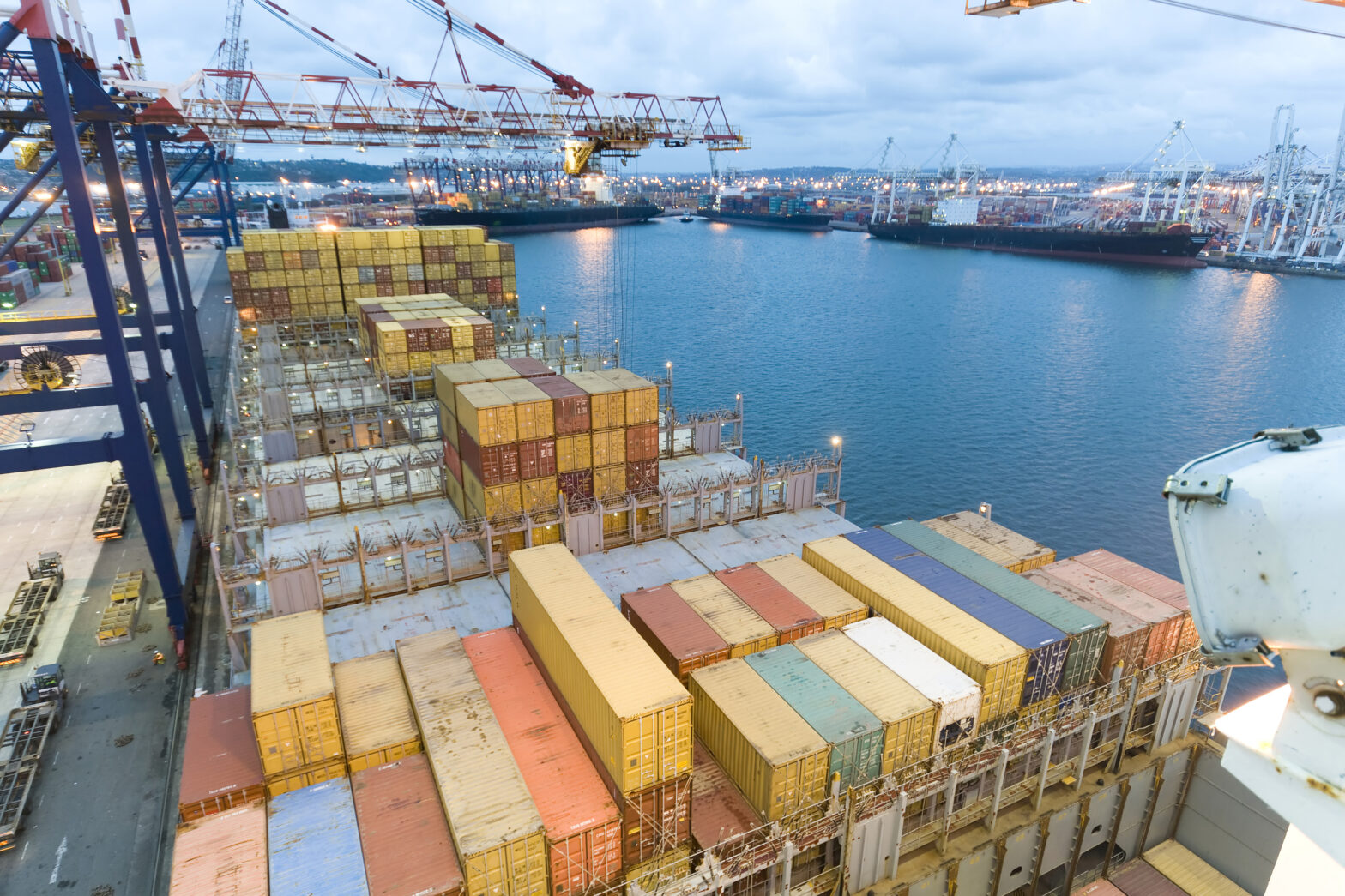When facing which warehouse provider or delivery company to work alongside, small businesses need to consider many factors, such as cost, lead times and flexibility. These decisions cannot be taken lightly, with the cost of logistics, storage and moving products from A to B a significant factor on any SME’s bottom line. As such, it’s crucial to find a cost effective and efficient answer to your warehousing needs and I’ve outlined below some of the solutions available.
In the last decade, a small selection of delivery companies have broken away from the logistics mould, driven by an awareness that they need to offer more than simply a delivery. This is especially true if they are to cater for small businesses which often have less warehousing options available given their size, location and resource. This innovation aims to offer a range of services and essentially provide a one-stop shop for a business’s delivery needs, taking a product from the container ship, through quality checks and storage to set up in the customer’s home.
The best way to explain these innovations is by using our company as an example, as we’ve made two key changes to our warehousing solutions which highlight the potential benefits to small businesses.
Flexible storage can drive down costs and deliver efficiencies
We have recently launched a 700,000 sq ft distribution centre in Wigan. This warehouse (big enough to cater for 170,000 washing machines), allows enterprises of all sizes to have flexible storage options that support seasonal trading volumes. The beauty of this is that there are no fixed prices, meaning that even small businesses on a limited budget can use it. Customers only pay for what they use, meaning that this new warehouse can accommodate both short-term needs and long-term business requirements, making it much easier for small businesses to plan ahead without worrying about time-specific contracts or paying for unwanted storage.
We already have a community of small businesses storing products within the facility and with a direct feed into our national delivery network, they benefit from reduced transportation costs and quicker delivery times to their consumers.
A one-stop shop for warehousing and delivery needs
As online retail continues to grow there is less of a need for businesses to come into contact with the goods they’re selling. Any time they or a third party touch the product, costs are incurred and time is wasted. To combat this problem, there is a significant trend in the supply chain for the use of the drop-ship vendor model.
Our Wigan fulfilment hub provides an end-to-end flexible storage solution. We’re able to pick up goods from the docks, provide inbound receiving quality checks and storage and then deliver and set up the product in a customer’s home. This full logistics solution aims to help businesses of all sizes, who want to offer their customers quick and efficient delivery, whilst allowing them to take advantage of flexible costs and storage patterns, alongside faster overall distribution into the delivery process.
We’ve innovated as a business to address the needs of our customers. However, any business looking to reassess their warehousing option should look at five key points:
1. Save on costs with flexible storage
With small businesses often finding it harder to access finance, cost is a big driver in any decision. Fixed warehousing requires a large amount of investment and commitment. Look for a logistics provider that is capable of providing flexible storage for your business and respond quickly to your changing requirements.
2. Increase efficiency through economies of scale
Having one delivery provider capable of providing pick-up, quality checks, storage and delivery ensures a consistent service, where you needn’t worry about third parties and potential hold ups in the delivery process. Seek a logistics provider with access to a national network, allowing you to access local collections, instead of travelling half way across the country, further increasing efficiencies by reducing transportation times to customers.
3. Warehousing within a national network can save on costs and lead times
With a logistics partner capable of providing flexible storage that feeds directly into a national delivery network, businesses are able to reduce transport costs alongside lead times to customers.
4. Streamline your partners
Third parties provide a whole host of useful services, however there are opportunities within the supply chain where one business can take over their remit and increase efficiencies to provide a consistent service across a national delivery network. Quality checks are a good place to start, as these typically had to take place in a warehouse and prior to shipping to your delivery partner. This has huge implications for the delivery to the customers, as you could only set an appointment for delivery after this inbound quality check had taken place. Hire a logistics provider capable of offering these quality checks, coupled with a storage solution and national delivery service to reduce the costs and time third parties can take up.
5. Look for a partner who will enhance your business offer
If you have a logistics partner capable of offering more than simply a delivery, such as in-home services, with the full end to end service I’ve mentioned above, your business proposition becomes more compelling for potential customers and retailers you wish to do business with.





